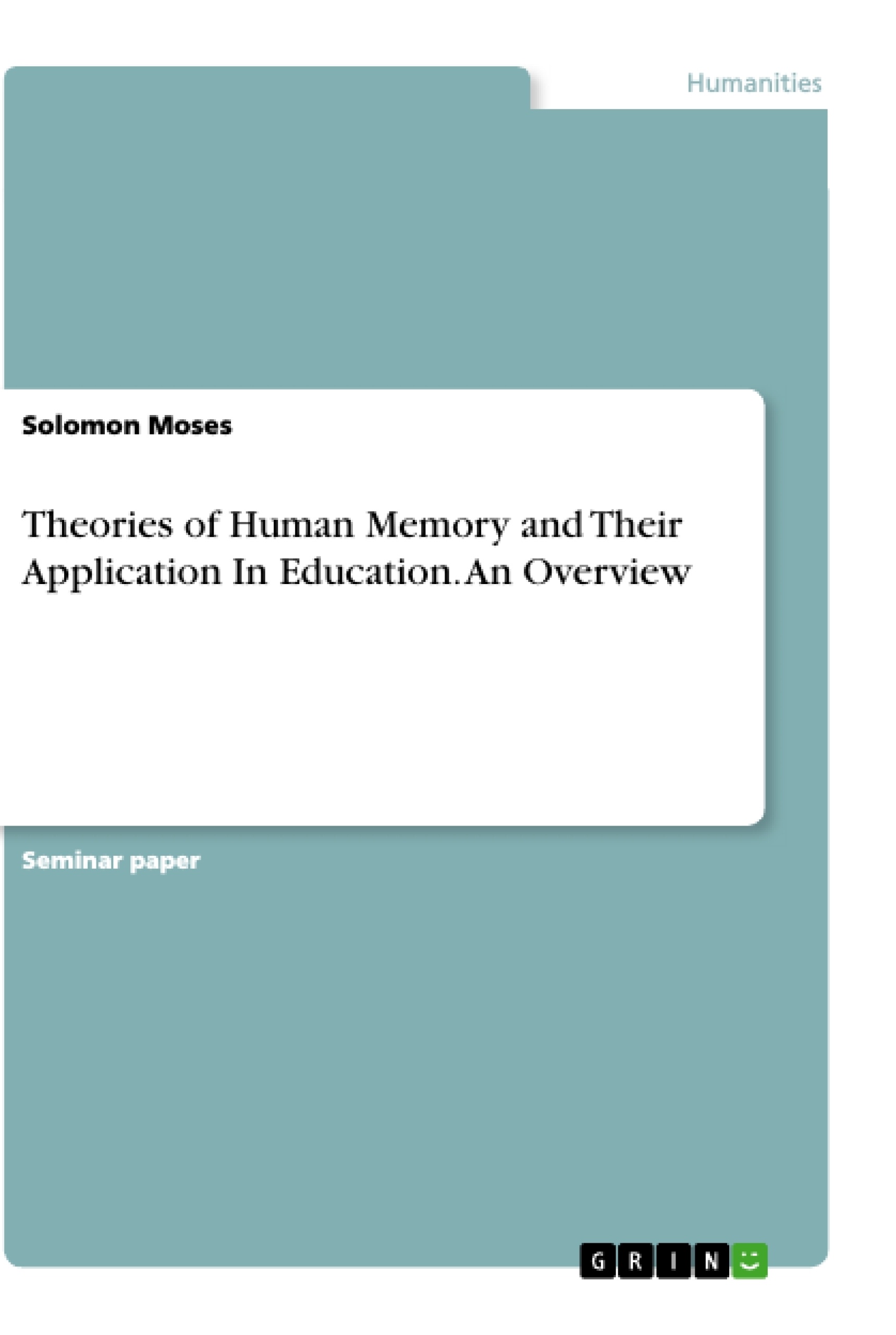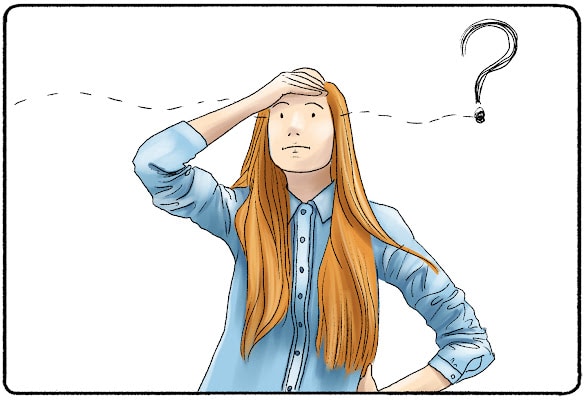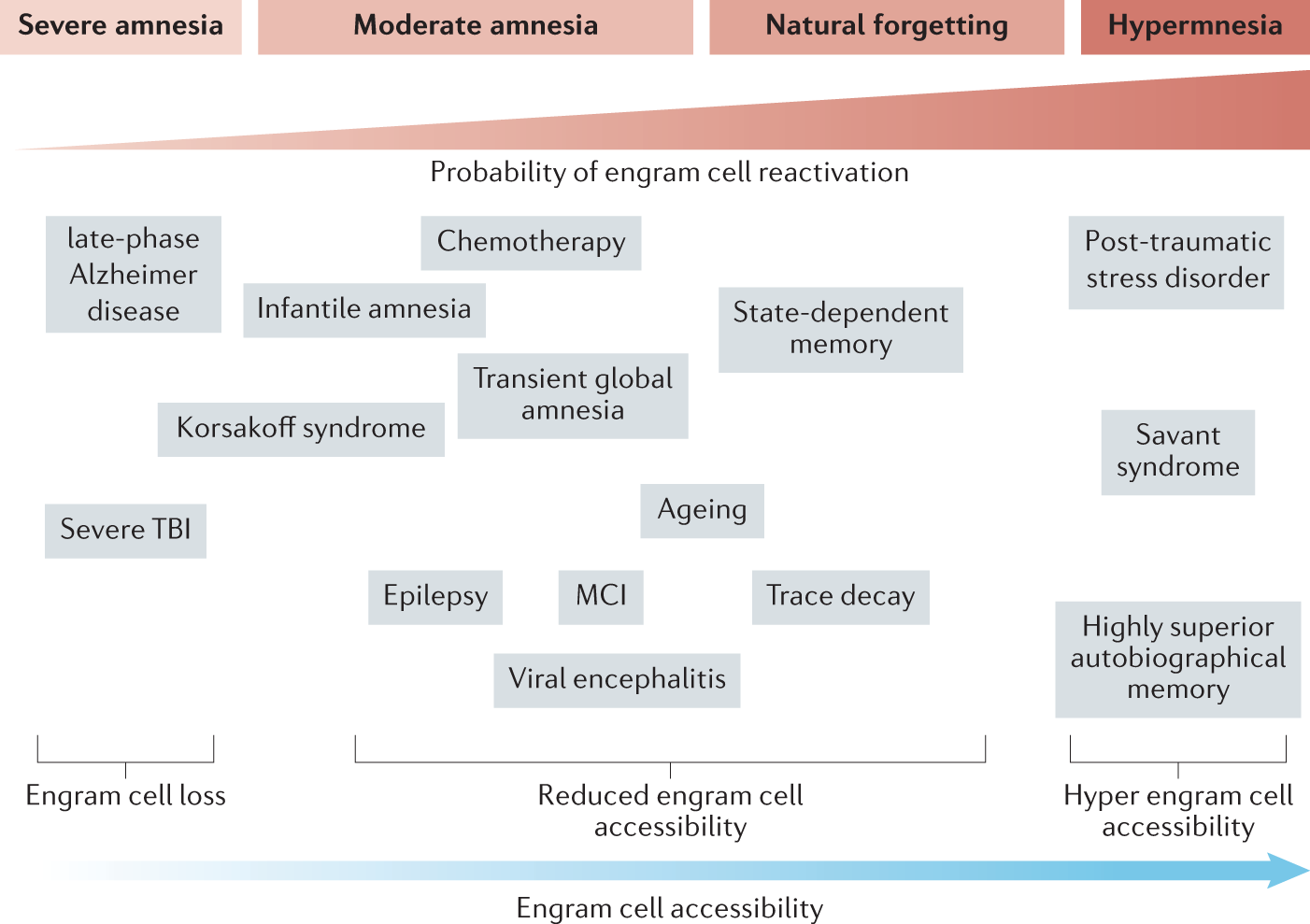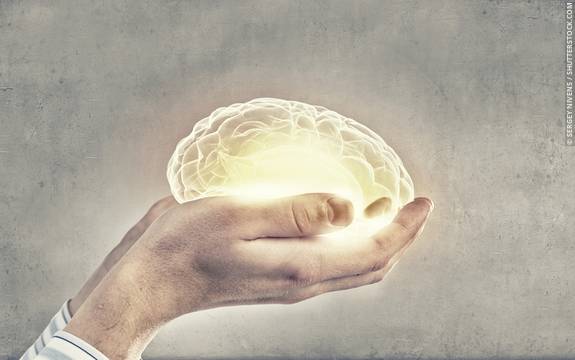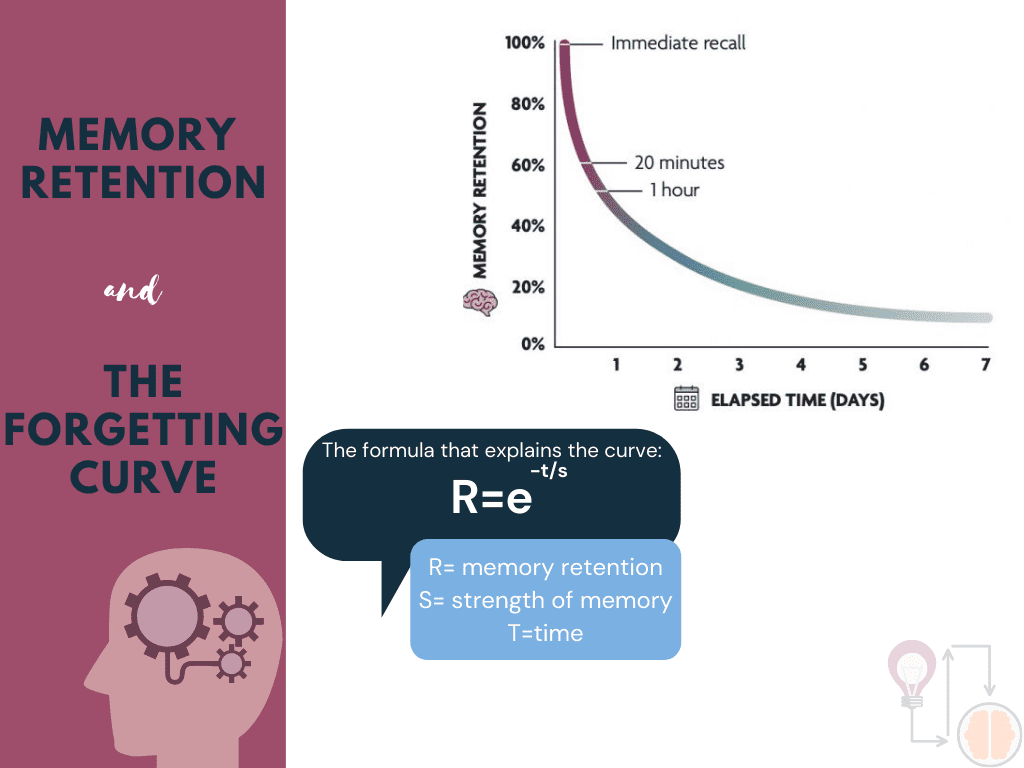There are several theories in psychology that attempt to explain why people forget information over time. These theories can help us understand the cognitive processes involved in forgetting, as well as identify strategies that may help people better retain information.
One theory of forgetting is the decay theory, which suggests that memories fade over time due to a lack of reinforcement or use. According to this theory, memories that are not regularly retrieved or practiced will eventually be lost. This can explain why people may have a harder time remembering information that they have not used in a while, such as a foreign language they learned in school but have not spoken in years.
Another theory is the interference theory, which suggests that new information can disrupt or interfere with the retrieval of old information. This can occur when there is competition between similar memories, or when the new information is closely related to the old information. For example, if someone is trying to remember a phone number but is presented with a similar phone number, it may be harder for them to recall the original number.
The cue-dependent forgetting theory suggests that people are more likely to forget information when they are not provided with the proper cues or context to help them retrieve it. For example, if someone is trying to remember a list of items but does not have the list in front of them, it may be harder for them to recall all of the items. Similarly, if someone is trying to remember a specific event, but does not have any visual or auditory cues to help them, they may have a harder time recalling the details of the event.
Finally, the repression theory suggests that people may forget certain memories due to psychological defense mechanisms, such as repression. According to this theory, people may unconsciously block out unpleasant or traumatic memories in order to protect themselves from emotional pain. While repression can be a helpful coping mechanism in the short term, it can also lead to forgetting important information or events.
Overall, there are several theories in psychology that help to explain why people forget information over time. Understanding these theories can help people identify strategies that may help them better retain information, such as regularly reinforcing and retrieving memories, organizing information in a way that helps with recall, and providing oneself with appropriate cues and context.
